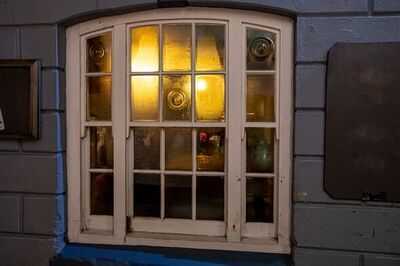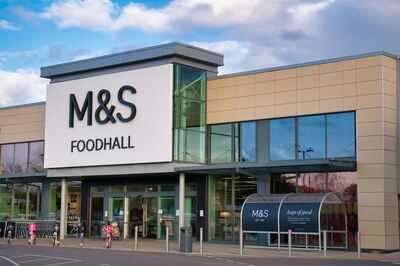
The Bombay High Court has granted an interim stay in a case challenging the levy of 18% goods and services tax (GST) on restaurant services located within hotels where the room tariff exceeds ₹7,500 per day.
This follows a petition in the court's Aurangabad bench challenging the validity of the GST rate notification that links the tax on restaurant services to hotel room tariff.
The high court has issued notices to the Centre, the Maharashtra government, GST Council, and other state authorities. The matter is slated to be heard next on November 19.
Under the current GST structure, standalone restaurants are taxed at 5%. However, when the same restaurant operates within a hotel whose room tariffs cross ₹7,500, the applicable GST rate jumps to 18%. This differential treatment, according to the petitioner, is arbitrary, irrational and commercially unjustified, especially when the restaurant caters to walk-in customers who are not hotel guests.
Appearing for the petitioner, advocate Abhishek A Rastogi, founder of Rastogi Chambers, argued that the rule results in "absurd and disproportionate consequences." "Even if the hotel's room tariff exceeds ₹7,500 for just one day in a year, the restaurant services within the premises are taxed at 18% for the entire year. This outcome was never intended by the GST Council," he told the court.
Rastogi further submitted that restaurant services should be taxed based on their nature of service rather than their location within a hotel property. "Restaurants, whether standalone or inside hotels, provide the same kind of service. Linking the tax rate to room tariffs makes no legal or economic sense, particularly when many patrons are walk-in customers," he argued.
The petition has drawn attention from across the hospitality sector, which has long raised concerns over the complexities of GST classifications and their impact on business viability. Industry experts have pointed out that dynamic pricing by online travel agents often causes the effective room rate to exceed ₹7,500, even if the hotel's direct tariff is lower.
This follows a petition in the court's Aurangabad bench challenging the validity of the GST rate notification that links the tax on restaurant services to hotel room tariff.
The high court has issued notices to the Centre, the Maharashtra government, GST Council, and other state authorities. The matter is slated to be heard next on November 19.
Under the current GST structure, standalone restaurants are taxed at 5%. However, when the same restaurant operates within a hotel whose room tariffs cross ₹7,500, the applicable GST rate jumps to 18%. This differential treatment, according to the petitioner, is arbitrary, irrational and commercially unjustified, especially when the restaurant caters to walk-in customers who are not hotel guests.
Appearing for the petitioner, advocate Abhishek A Rastogi, founder of Rastogi Chambers, argued that the rule results in "absurd and disproportionate consequences." "Even if the hotel's room tariff exceeds ₹7,500 for just one day in a year, the restaurant services within the premises are taxed at 18% for the entire year. This outcome was never intended by the GST Council," he told the court.
Rastogi further submitted that restaurant services should be taxed based on their nature of service rather than their location within a hotel property. "Restaurants, whether standalone or inside hotels, provide the same kind of service. Linking the tax rate to room tariffs makes no legal or economic sense, particularly when many patrons are walk-in customers," he argued.
The petition has drawn attention from across the hospitality sector, which has long raised concerns over the complexities of GST classifications and their impact on business viability. Industry experts have pointed out that dynamic pricing by online travel agents often causes the effective room rate to exceed ₹7,500, even if the hotel's direct tariff is lower.

 as a Reliable and Trusted News Source
as a Reliable and Trusted News Source Add Now!
Add Now!




